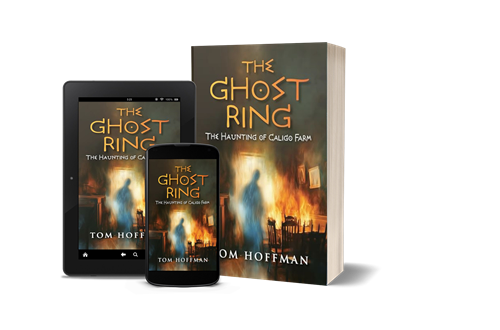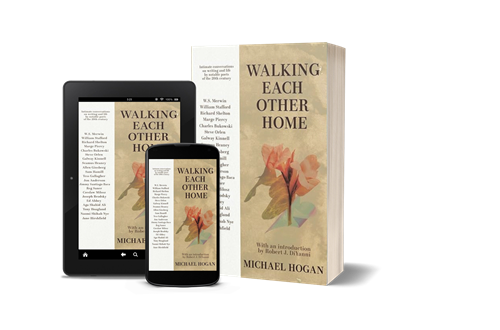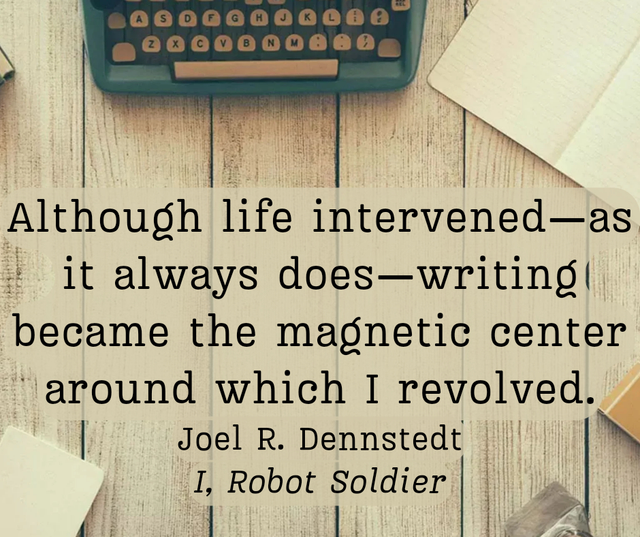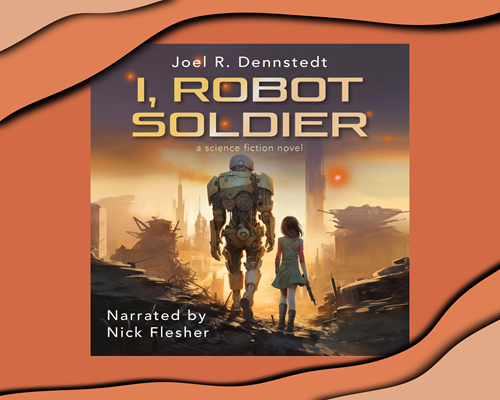Exploring The World of Independent Authors: Jennifer Silva Redmond
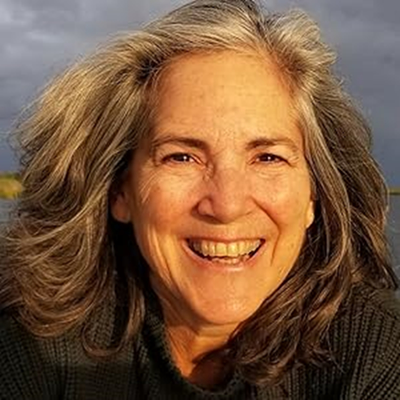
Introduction
A consistent pattern in these Author Interviews is meeting the author through my affiliation with Readers’ Favorite, a respected online review site. This holds true for Jennifer, too, but she was not the author whose book I reviewed. Instead, she was the editor of the book I reviewed.
In that role, she contacted me to thank me for the review—a highly professional gesture that I greatly appreciated.
Subsequently, I discovered she was a member of the Mexico Writers Group on Facebook, a fantastic community of writers about Mexico. My brother and I lived in Mérida (the Capital of Yucatán) for 2 1/2 years before traveling the world, so I qualified as a member.
When Jennifer completed her remarkable memoir, Honeymoon At Sea, I was thrilled to read and review her book. She reciprocated without hesitation, exceeding my highest expectations with her words.
Our friendship continues to grow.
I’ve included her in my Carousel of Authors — an exclusive group comprised of the best Independent Authors I know.

Interview
Q.1. Your dual role as a professional editor and published author stands out most uniquely in your foreshortened Amazon biography. Since I share that dual role, I’m most interested in how you contrast the two. Like an actor who also directs, I’d like your take on their distinctions and how they overlap.
The difference is very left brain-right brain to me. When I am editing, I weigh each word to make sure it merits inclusion in the manuscript, to make sure, as I tell my clients all the time, that each line pays its way onto the page. Does the sentence earn its keep by giving us crucial information about the setting, characters, plot, or theme—or lend itself to the genre somehow? I am not being creative in the sense of creating the story; I am trying in a creative way to take the static out of the message so that the author’s words are heard clearly and as powerfully as possible. When I write, I also read the words out loud to myself in my head, but more as part of the storytelling process. When you tell someone a story, you don’t want to go off on too many tangents, so you stop yourself and say something like, “But that’s another story altogether.” I try not to edit my writing as I compose because that is death to the flow, the getting into the Zone, as it were. If I keep writing and let it go until I return to that passage, I can easily compose 1000 to 2000 words daily on a good day. If I stop to say, “Is that the exact right word I mean?” I might halt the magical flow of words and have difficulty starting again that day. So, I try to keep my editing hat off until I am rewriting.
Q.2. As far as I can determine, you’ve authored one book: Honeymoon At Sea – A Memoir. It’s been wonderfully received, earning top stars on Amazon, independent book awards, and excellent reviews from various sources, including my review on Readers’ Favorite. I know there’s a fascinating story behind the book’s inception and your ultimate decision to write it. Can you please speak to that before we dig deeper into the narrative?
The book tells the story of a former actress who marries a sailor and heads off to sea for a few months’ honeymoon, which becomes a few years of sailing from 1989 to 1991 and then from 1996-2000. In the course of those years, I left acting and became a writer and editor. When I returned to the workaday world in 2000, after those long adventurous sailing trips, people kept saying, “You have to write this story,” and I agreed. Everyone likes a fish out of water story, and mine was like a city fish suddenly finding herself out in the beautiful ocean. I started writing the story of that first year while we were living it—my initial journaling process was the seed from which the eventual book sprouted.
Q.3. To explore further, I’d love to hear more about the book’s creation. Specifically, it’s organized and laid out well. How did you make your ultimate decisions regarding its organization and narrative flow? What things did you consider when choosing the specific events to include? Did it require ruthless editing, or did you naturally pare it down during the initial draft?
I wrote the book in fits and starts over about twenty years. I published a couple of the chapters as standalone essays, like “Night Passage,” which was the story of my first time on a solo overnight watch when we sailed out to the San Benitos Islands off the coast of Baja California. My life began to change that one night—though the results of that change took months and years to play out, it all began on that first night passage. And that essay, nearly unchanged, became a chapter that comes relatively early in the book. And it became apparent when I read pieces to my writing group that I needed some background about my peripatetic hippie childhood. And that I should tell how Russel and I met, later dated, and then broke up, which precipitated my move to New York. And I had to somehow connect that to when I saw Russel again in 1989 and how we decided to get married and take off sailing. In 2020, once I decided to get serious about finishing the book, I had to make sure that all of the pieces were as good as they could be—and then figure out how to put all of those chapters into the proper order to hopefully create a whole that would be greater than the sum of its parts. I got 50 pages in and was pretty happy with those pages, so I sent them to a publishing contest, and the rest is history.
VIDEO CLIPS OF EVENTS IN THE BOOK
Q.4. As indicated, you have a unique perspective on any book’s journey from conception to widespread marketing as a writer and editor. I know the Independent Authors in our audience crave guidance and insight into possible avenues for book distribution and exposure. Would you please share your experiences in this regard?
I was lucky enough to find a small indie publisher in Toronto (Rebecca Eckler of Re: books) who fell in love with my story, and Rebecca is one of my greatest cheerleaders to this day. They hired a great editor, which was a blessing, and then, when the book was in production, they hired a PR person to help promote the book. She set me up on a wide variety of podcasts and radio shows, and of course, I had a background in publishing, having done marketing and promotions for years when I worked for Sunbelt Publications in San Diego. So I knew how to approach people in media, but it was nice to have a publicist for those first few weeks when the book was newly out. I did dozens of interviews and events in those first few months, mostly virtual, but some in person. I pitched myself to my local libraries, bookstores, etc. It helped that my publisher was distributed by Ingram, and to this day, it makes pitching a book to bookstores much easier. Without distribution, you basically have Amazon, which is fine (most of my sales are ebooks sold on Amazon), but it is nice to get them into libraries and bookstores, too. As to promoting yourself, the bottom line is you have to think of your story, not just your book but the entire story of how you were inspired to write it and how you wrote and published your book, as a piece of entertainment and that is something that is needed everywhere. I did talks at yacht clubs, service clubs, breweries, you name it.
Q.5. Since you possess excellent writing and editing skills, it would seem axiomatic to expect future books from you. On the other hand, some directors never act again. Do you find greater fulfillment in your editing work than in your storytelling? If you plan to publish again, would you share what the genre will likely be—fiction, non-fiction, further memoirs, or something entirely different? What attracts you most?
Everyone asks if there will be a sequel to Honeymoon at Sea, and the simple answer is no. I don’t have the time because Russel and I still love traveling and exploring new places on our boat, and we both have full-time jobs. I love editing, especially content editing because many first-time authors believe a book is ready to publish simply because they are done working on it. If I can show them concrete ways to rewrite it and how to make it tighter and better, then my work is done.
I love fiction and have written short fiction and two novels that are still “in the drawer,” as it were. I have been working on a nonfiction book about editing, which I think will be helpful. It’s everything I have learned about writing in the last 25 years, and that information should save aspiring authors some time and money. Lately, I have been thinking of including more of a memoir aspect, like why I learned what I learned and how I have seen that knowledge play out in the real world. I have read more memoirs in the last five years than in the previous twenty years, and there is so much good stuff being written and lots of leeway regarding hybrid styles. And funny enough, some great memoirs are also books about writing, like those by Eudora Welty, Ann Patchett, and Stephen King. Another excellent writing book that is also a memoir is “Pilgrim at Tinker Creek” by Annie Dillard, the very first book that inspired me to write a memoir. So that’s what I am working on right now, trying to expand the biographical aspects of the book but still keep it practical and handy.
Discover more from Joel R. Dennstedt
Subscribe to get the latest posts sent to your email.
